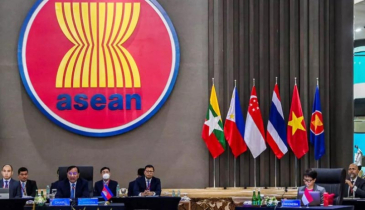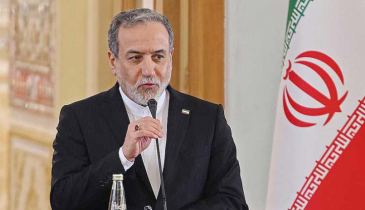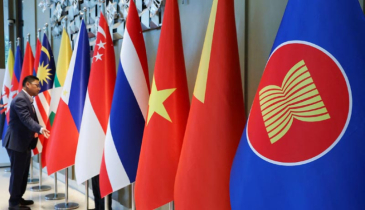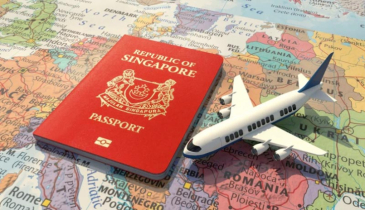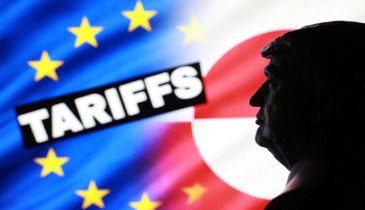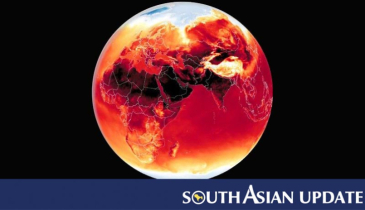US trade war, India-China relations loom large at SCO summit
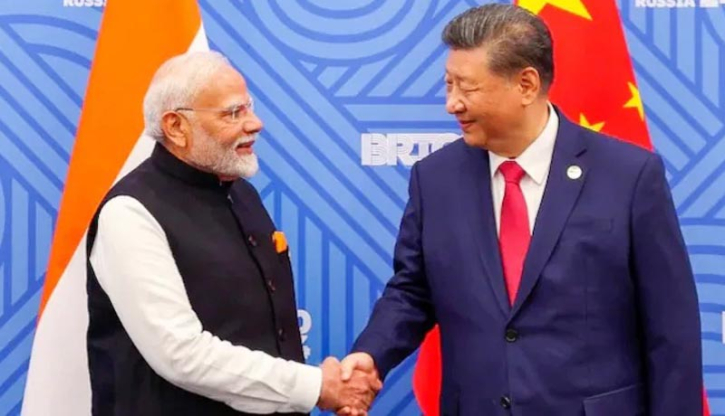
The Shanghai Cooperation Organisation (SCO), now the world’s largest regional bloc by population, is set to hold its annual summit on Sunday and Monday in Tianjin, northern China.
The high-profile gathering will bring together more than 20 heads of state and senior officials, including Russian President Vladimir Putin, Indian Prime Minister Narendra Modi, Belarusian President Alexander Lukashenko, and UN Secretary-General Antonio Guterres.
The SCO, founded in 2001 by China, Russia, Kazakhstan, Kyrgyzstan, Tajikistan, and Uzbekistan, has gradually evolved from a regional security forum into a global platform addressing economic, political, and strategic challenges. Over the past two decades, the bloc has expanded to include India, Pakistan, and Iran as full members, while countries such as Afghanistan, Mongolia, and Belarus participate as observers. Additionally, 14 other nations – among them Saudi Arabia, the UAE, Turkey, and Qatar – hold “dialogue partner” status, underlining the organisation’s growing global footprint.
Analysts say the SCO now plays a critical role in China’s efforts to build an alternative governance structure outside Western-dominated institutions. “The SCO has become a parallel framework that allows Beijing and its partners to pursue cooperation on their own terms, independent of US-led systems,” explained Eric Olander, editor-in-chief of the China-Global South Project.
This year’s summit comes at a moment of heightened geopolitical tension. The escalating US trade war under President Donald Trump has rattled economies across Asia and beyond, and Washington’s newly announced 50 percent tariffs on Indian goods are expected to be a key undercurrent during discussions. The White House argues that India’s continued imports of Russian oil undermine international sanctions and indirectly fuel Moscow’s war in Ukraine.
At the same time, longstanding rivalries among member states – such as India’s disputes with China and Pakistan, and the Saudi-Iranian rivalry – could complicate attempts at unity. Yet, experts say the summit provides a rare platform where adversaries and competitors can sit together to explore limited cooperation, particularly in areas such as trade, counterterrorism, and regional connectivity.
Attention will also be fixed on the potential encounter between Chinese President Xi Jinping and Prime Minister Modi. The two leaders have not held a formal bilateral meeting in seven years, despite simmering tensions along their disputed Himalayan border. According to Claus Soong of Germany’s Mercator Institute for China Studies, “The SCO summit may not resolve these disputes, but even a symbolic handshake between Xi and Modi could signal a thaw in relations and offer reassurance to smaller member states watching the India-China rivalry closely.”
Beyond geopolitics, the summit is expected to highlight energy security, digital infrastructure, and transport connectivity – areas where Beijing is pushing its Belt and Road Initiative (BRI) agenda. Southeast Asia’s participation, which Olander compared to “swing states in global power politics,” will also be closely monitored as the region balances between Chinese economic influence and American security partnerships.
.png)


